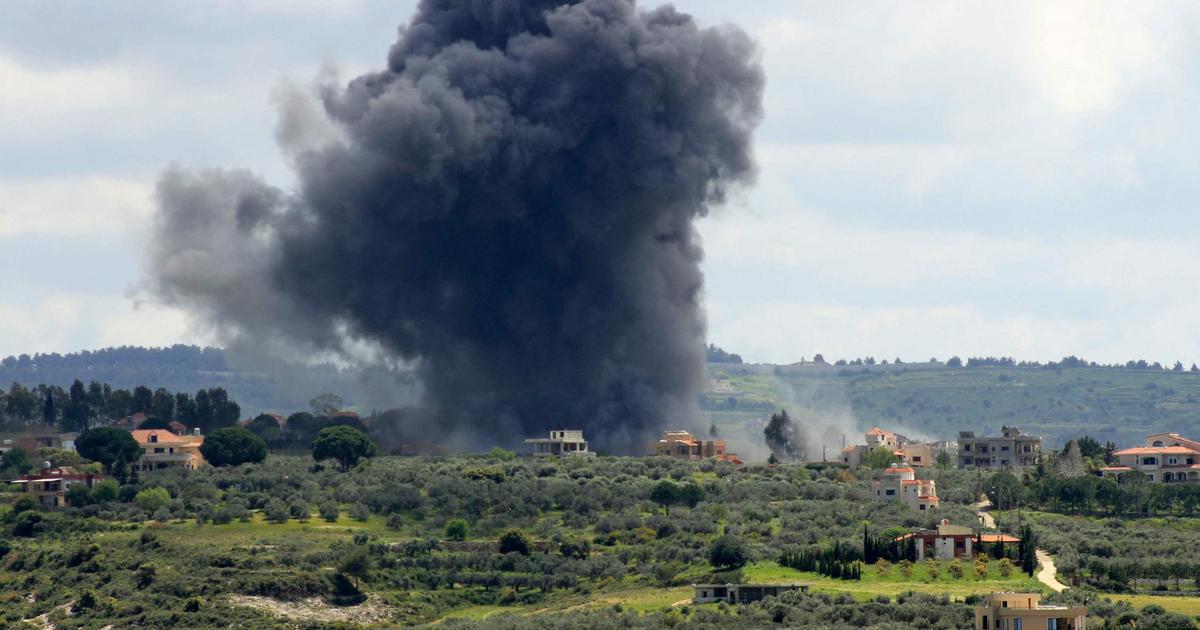Damascus-SANA
Aesthetic poetic spatial and displacement in the poem sung by Nizar Qabbani A critical reading of Hussein Marwan Al-Khater in the poems sung by a number of artists to the poet Nizar Qabbani came in a systematic and analytical manner within the horizon drawn by the poet Qabbani and the connotations, images and human standards.
In the book, Al-Khater sheds light on the poetic experience of Nizar Qabbani, his books, the awards and honors he received, and the distinguished books he wrote.
The critic Al-Khater also mentioned the names of the artists who sang to the poet Qabbani, including Umm Kulthum, Najat Al-Saghira, Fayrouz, Majida Al-Roumi, Abdel Halim Hafez, and Kazem Al-Saher, whose songs exceeded forty songs, in addition to the names of the composers who composed the songs.
Al-Khater believed that Nizar Qabbani combined the vocal and moral states with tools that include the semantic level, meter, music, and the upgrading of the poetic language in an innovative creative way, leading to modernity that combined originality and modernity.
Al-Khater explained that the poet was able to remove the barriers between poetry and people to the extent that he was able to understand his easy and abstaining poetry from all classes of people, even children.
And in the poetic texts of Qabbani, Al-Khater explained that what he wrote will cross time because he adhered to the poetic standards and vocal means of art, in addition to the presence of moral significance, rhythm, music, and a gentle presence on a regular basis that suits the recipient, no matter how different the culture is as a result.
In his study, Al-Khater dealt with Qabbani's poetic place and its dimensions, and the psychological poetic place that carries many signs and connotations, the most important of which is his attachment to Damascus, as stated in his poem Five Letters to My Mother and other poetic texts.
Al-Khater drew attention to the political and national dimensions that are spontaneously manifested in Qabbani's texts and his ability to employ meanings in an artistic and emotional way through which he fully expressed the concerns of his country, as stated in the poem “Inlaying Gold on the Sword of Damascus”, citing his saying:
Tear up, O Damascus, the map of humiliation
And say for eternity, be, and it will be.
In the critical reading issued by Dar Delmon, which is located in 140 pages of large pieces, there are other different visions in most of what Nizar Qabbani wrote, and some artists sang it from the poetry of the two parts and the activation.
Muhammad Khaled Al-Khader
Follow SANA's news on Telegram https://t.me/SyrianArabNewsAgency









